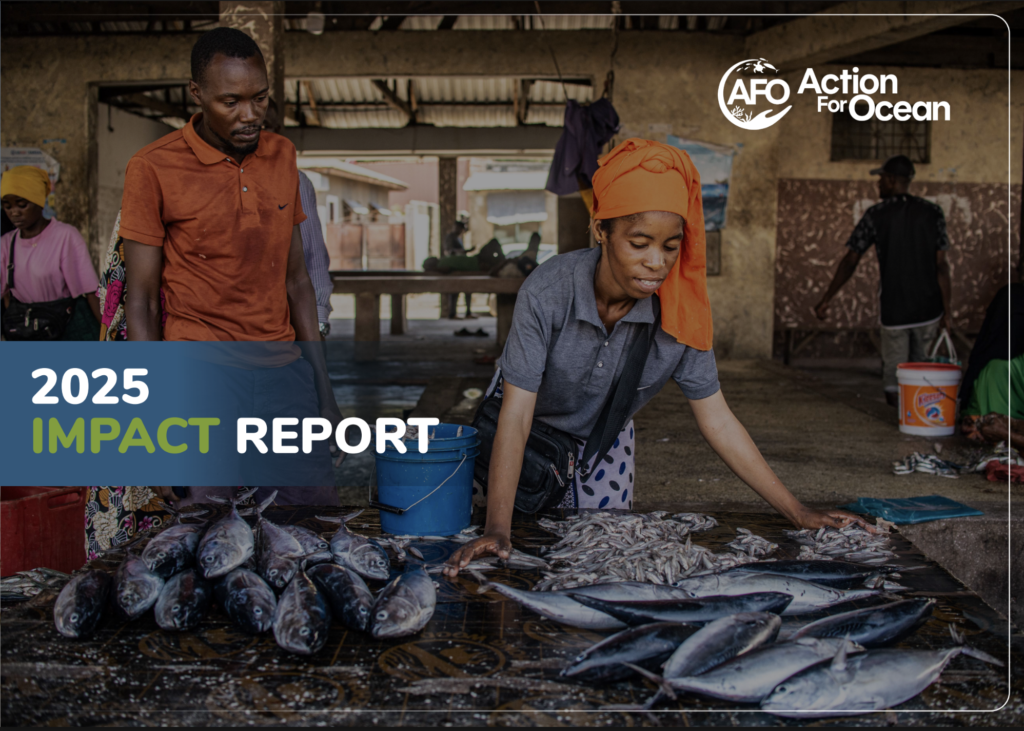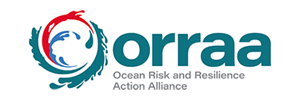Across Tanzania’s 1,424-kilometre coastline, the ocean sustains more than 12 million lives feeding families, powering local economies, and shaping cultural identity yet it is changing faster than the people who depend on it can adapt. Rising sea temperatures, habitat loss, and unsustainable fishing are degrading coral reefs, mangroves, and seagrass meadows, reducing fish stocks and threatening the livelihoods of the 4.5 million Tanzanians directly and indirectly employed in the fisheries sector.
Without a model that links environmental recovery to economic resilience, the ocean economy risks collapse. Action for Ocean (AFO) is responding to this challenge by redefining how marine conservation, fisheries co-management, and community livelihoods work together.
Under our 2025–2030 Strategic Plan, we are restoring critical marine ecosystems, strengthening fisheries co-management so that coastal people can help lead how resources are governed, and building inclusive Blue Economy livelihoods that create dignity and opportunity for women, youth, and coastal innovators.
Our work is driven by integrity, innovation, and impact; combining science and policy with local leadership to ensure the ocean remains both a source of life and a pathway to shared prosperity.
We are not only protecting Tanzania’s marine heritage, we are shaping a future where people and nature thrive together, building a resilient Blue Economy for generations to come.
In 2025, Action For Ocean deepened its commitment to a simple truth: thriving oceans depend on thriving communities. Across Tanzania’s coastal seascapes, our work strengthened marine ecosystems while unlocking livelihoods, leadership, and local ownership.

The 2025 Western Indian Ocean Marine Science Symposium in Mombasa offered something rare in the conservation sector: clarity. Not the soft, convenient kind that fits
A new era of data-driven, climate-resilient livelihoods begins on the coast of Tanga Around the world, digital traceability is becoming the new language of trust.
The Ocean as Tanzania’s Next Classroom The ocean has always been humanity’s oldest classroom—an endless expanse of mystery, power, and life. But for a long
















